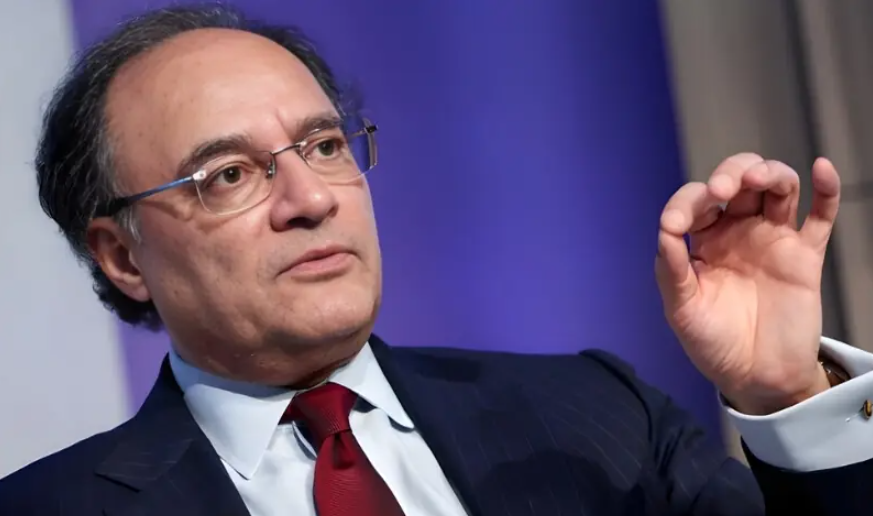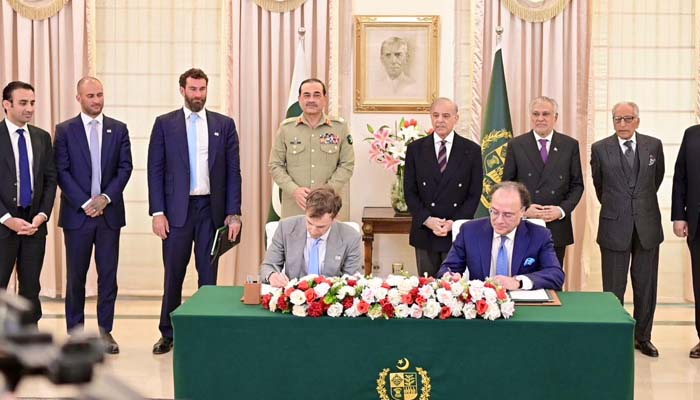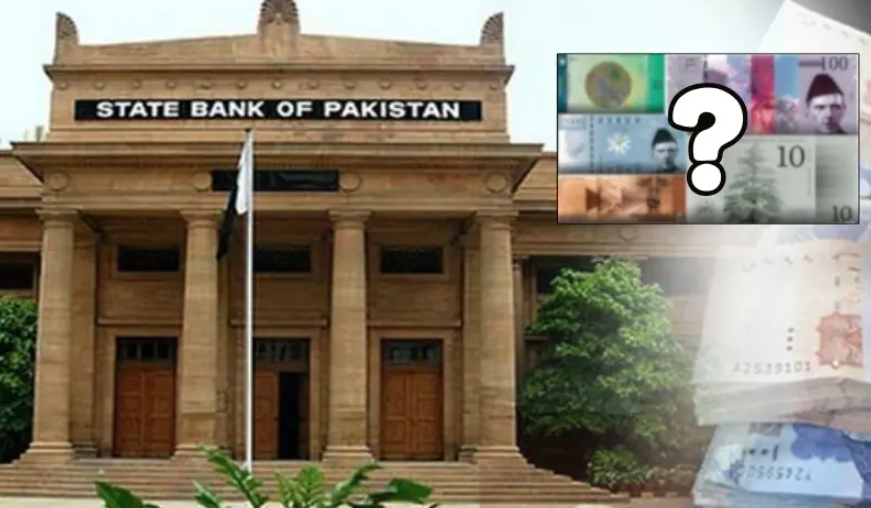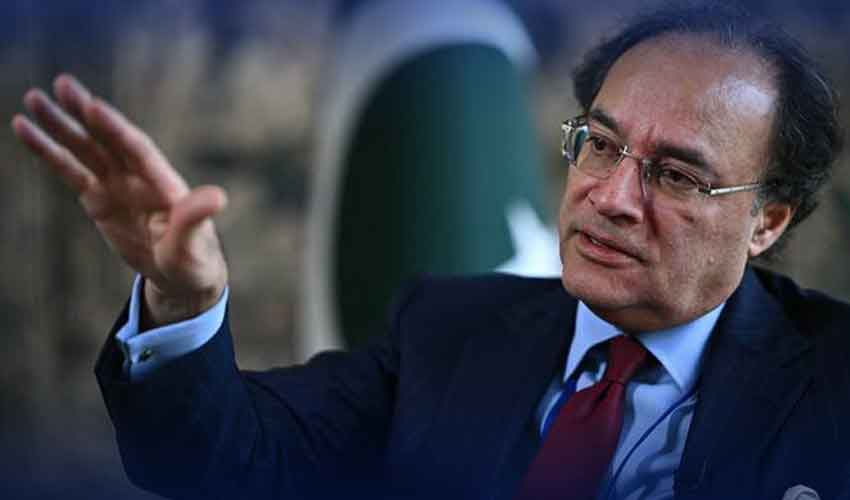TRADE & ECONOMY
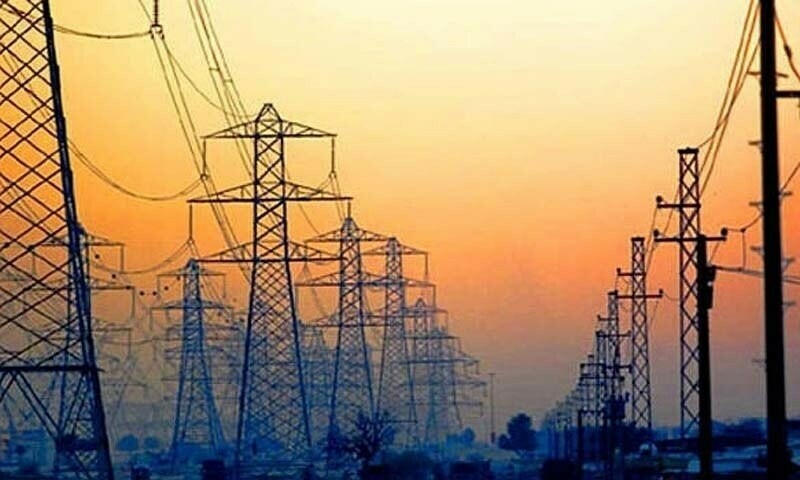
The Pakistani government has reached an agreement with bagasse-based power plants to reduce tariffs and is in the process of renegotiating power purchase agreements (PPAs) with 18 independent power producers (IPPs) set up under the 1994 and 2002 power policies. The overhaul of these agreements is expected to bring substantial savings and offer relief to the country's power sector.
Power Minister Owais Khan Leghari confirmed on Tuesday that the government had secured tariff reductions with bagasse-based power plants, with the revised agreements set to be formally approved by the federal cabinet in the coming days. The changes include the removal of dollar-indexed pricing tied to international coal rates, which will now be linked to the Pakistani rupee.
"The renegotiations will ensure that these IPPs are more aligned with tariff structures used in other countries, reducing the burden of fluctuating global coal prices," said Muhammad Ali, Special Assistant to the Prime Minister and a member of the task force negotiating with IPPs. Ali also emphasized the government’s strategy to reduce reliance on imported fuels and increase the use of local resources, particularly bagasse, a byproduct of sugar production.
These renegotiations with bagasse-based IPPs follow the government's decision, last month, to terminate the power purchase agreements with the five oldest IPPs. These plants, which were under the 1994 policy, are now expected to deliver annual savings of around Rs60 to Rs70 billion, as compared to the original terms. Over the remaining contract period, this could save the government an estimated Rs411 billion, or approximately 71 paise per unit.
The government’s efforts to overhaul the power sector come as part of a broader initiative to stabilize energy costs, which have become increasingly unaffordable for industrial and commercial sectors in Pakistan. Minister Ali pointed out that many IPPs, especially those under the 1994 and 2002 policies, have been earning returns significantly higher than global standards, with some contracts allowing for equity-based returns linked to foreign exchange fluctuations. This, he noted, has placed a substantial strain on Pakistan’s financial resources.
"Some of these IPPs were earning returns of up to 27-30%, which is far above what is offered in any other country. This has made energy costs unaffordable for the masses and industry alike," Ali explained. The renegotiations are part of the government’s efforts to tackle high power tariffs and ensure that power plants are operating efficiently without placing undue pressure on consumers.
Senator Mohsin Aziz, who chaired the Senate Standing Committee on Power meeting where these updates were discussed, welcomed the government's efforts. He noted that while IPPs had recovered their investments in a very short time, some plants had managed to recoup their costs in just two to four years. This rapid return on investment had raised concerns about the fairness of the agreements.
"We are now negotiating a more reasonable rate of return, with savings for the government that will ultimately benefit consumers," Ali added. He indicated that the third phase of negotiations with 18 IPPs and state-owned power plants would be completed within the next three to six months, with the aim of securing further savings and improving sector sustainability.
Meanwhile, the Senate Standing Committee also raised concerns about the inclusion of IPP costs in electricity bills by the Peshawar Electric Supply Company (PESCO) in Khyber Pakhtunkhwa, despite no IPPs operating in the province. Special Secretary Arshad Majeed Mohmand clarified that the price of electricity was determined by the federal government based on various energy sources and was uniform across the country. The committee suggested that provinces should receive greater benefits from their indigenous energy resources, which could help lower costs in regions with local power generation.
These ongoing reforms are expected to ease the burden on consumers and stabilize Pakistan’s energy sector, which has long struggled with high tariffs and inefficiencies.
